
Health Lab
A study from the University of Michigan Health Rogel Cancer Center furthers research that suggests the potential of developing new cancer treatments to target oncogenic transcription factors by indirectly affecting their ability to access enhancer DNA in chromatin.
Health Lab
Using a chip to process blood samples, doctors can monitor the amount of cancer cells in a patient’s blood to determine how well a treatment is working by the fourth week, according to a new study.
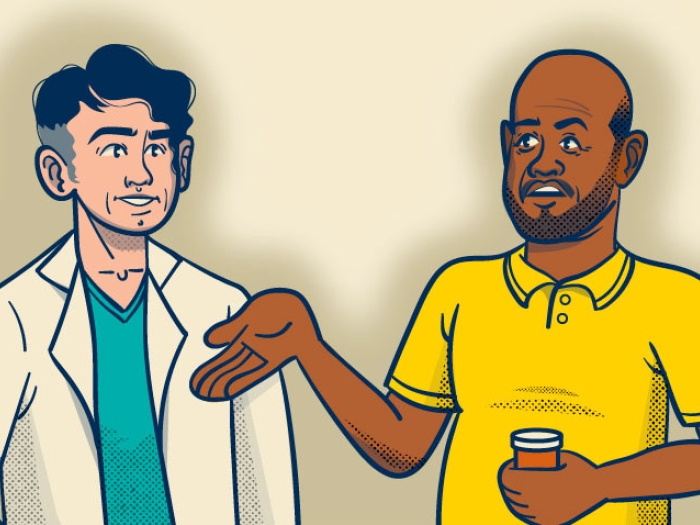
Health Lab
If patients are trained to advocate for themselves and voice their opinions and concerns, they can mitigate the effects of providers’ implicit biases.

Health Lab
Menthol cigarettes were responsible for an estimated 377,000 premature deaths in the U.S. during the past 40 years.

Medicine at Michigan
Researchers will work to find alternative treatments for non-small cell lung cancers that have become resistant to standard treatment
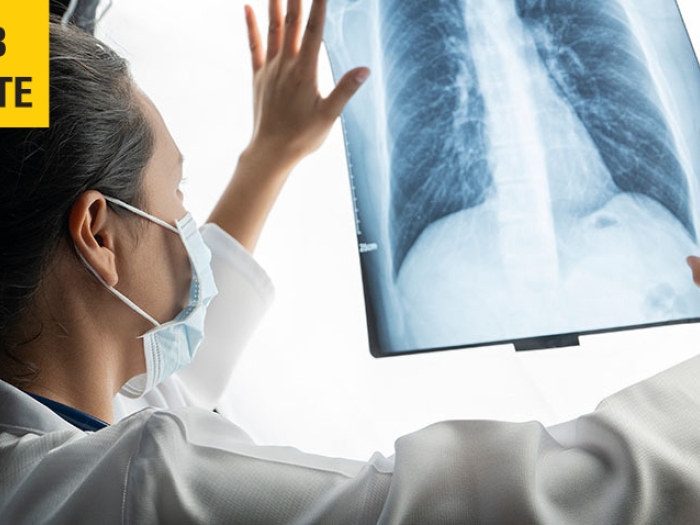
Health Lab
By raising awareness about the correlation between increased radiation exposure and cardiac events, average doses were reduced without minimizing cancer treatment.

Health Lab
Stopping the interaction between KRAS and the protein AGO2 slowed tumor growth in mouse models.
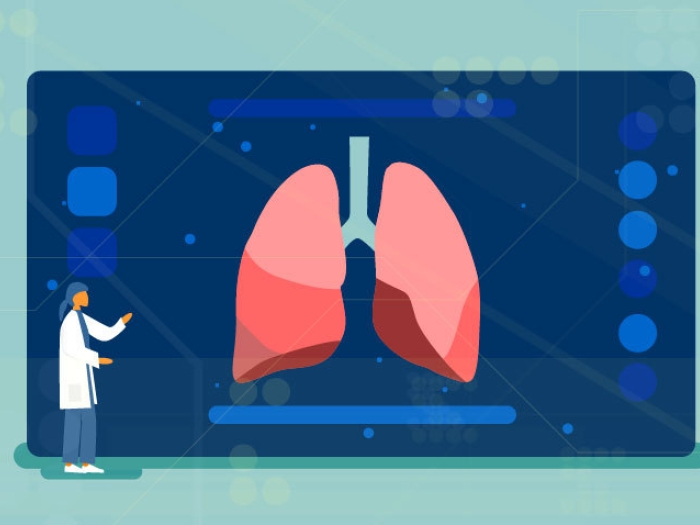
Health Lab
A Rogel Cancer Center lung doctor discusses recommendations that annual screenings start at age 50 for current and former smokers with 20 “pack years”.
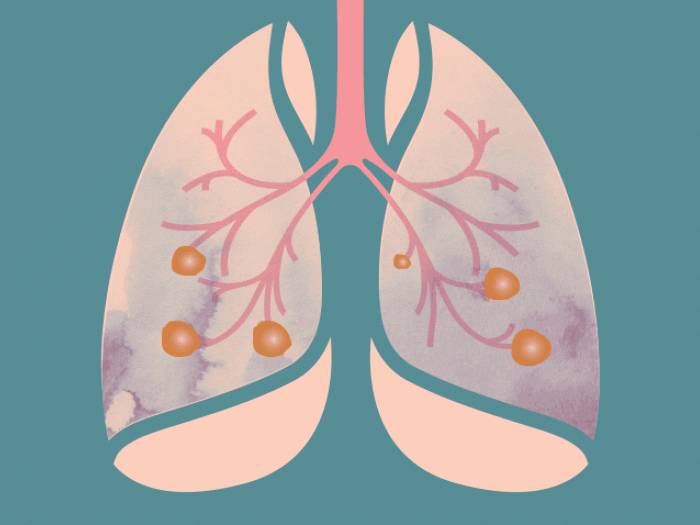
Health Lab
A 600-patient randomized clinical trial supports pembrolizumab and chemotherapy as a first-line treatment
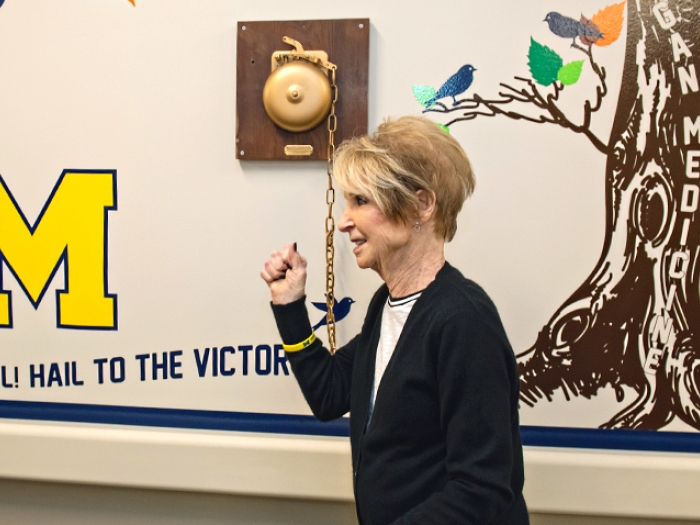
Health Lab
One patient overcomes treatment fears and signs on for clinical research.
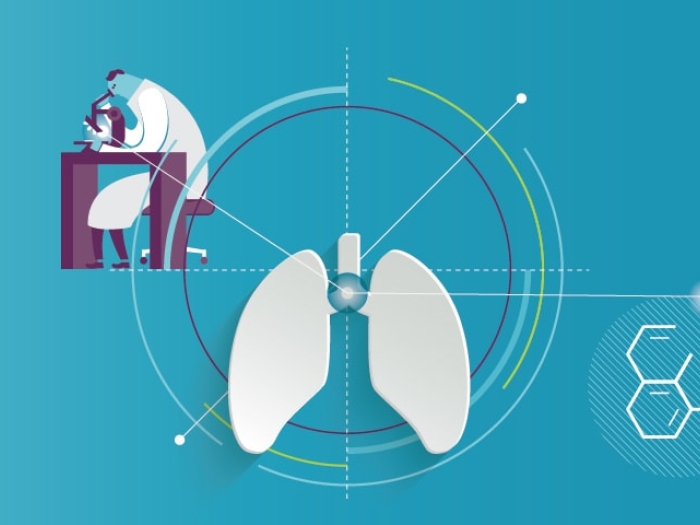
Health Lab
Interventional pulmonology, a relatively new medical subspecialty, is changing the way doctors diagnose and treat lung and airway conditions, including lung cancer.
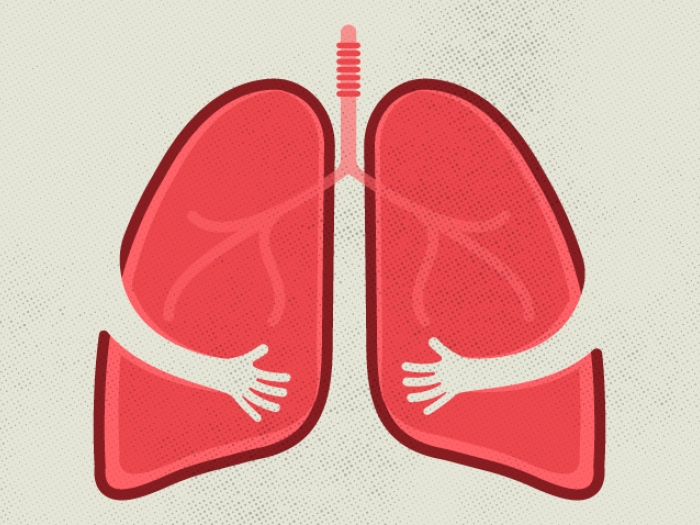
Health Lab
False notions about the disease can prompt an unsympathetic reaction from others and shame a patient. Shift the conversation with these positive strategies.

Health Lab
A new tool that takes into account personalized risks and benefits, and allows for a range of patient preferences, will help clinicians decide whom to screen for lung cancer.
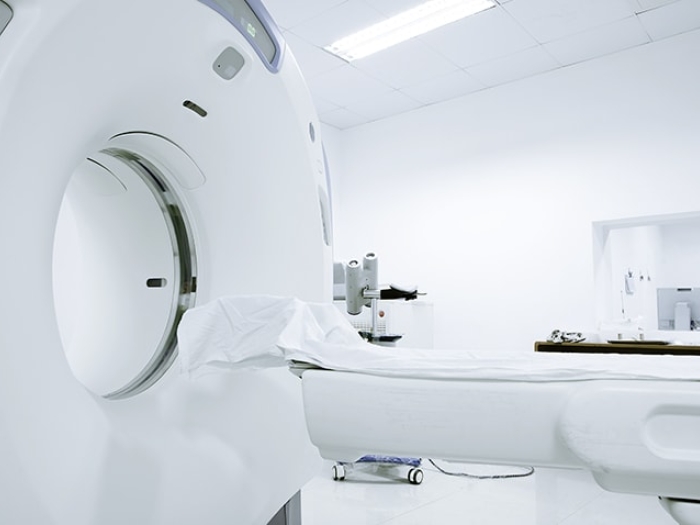
Health Lab
The USPSTF recommends lung cancer screening for people ages 55 to 80 who have smoked the equivalent of a pack a day for 30 years.

Health Lab
A large randomized trial finds Keytruda given with chemotherapy resulted in 20 percent improved survival at one year.